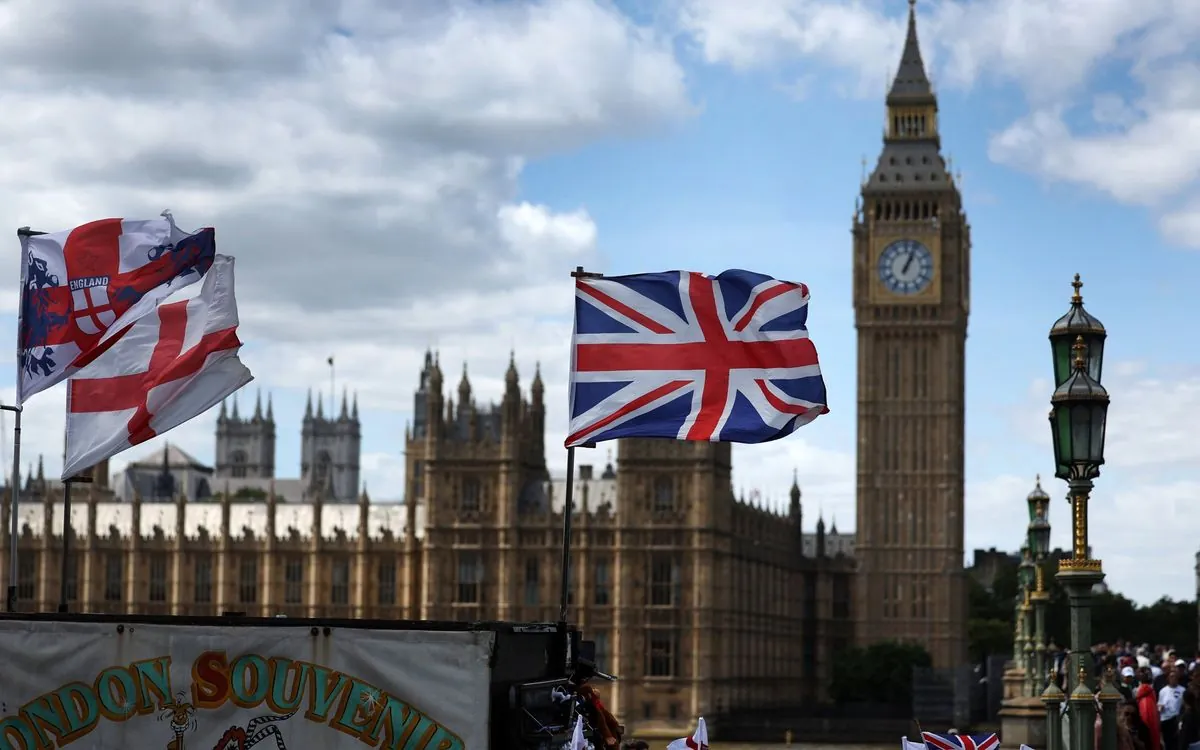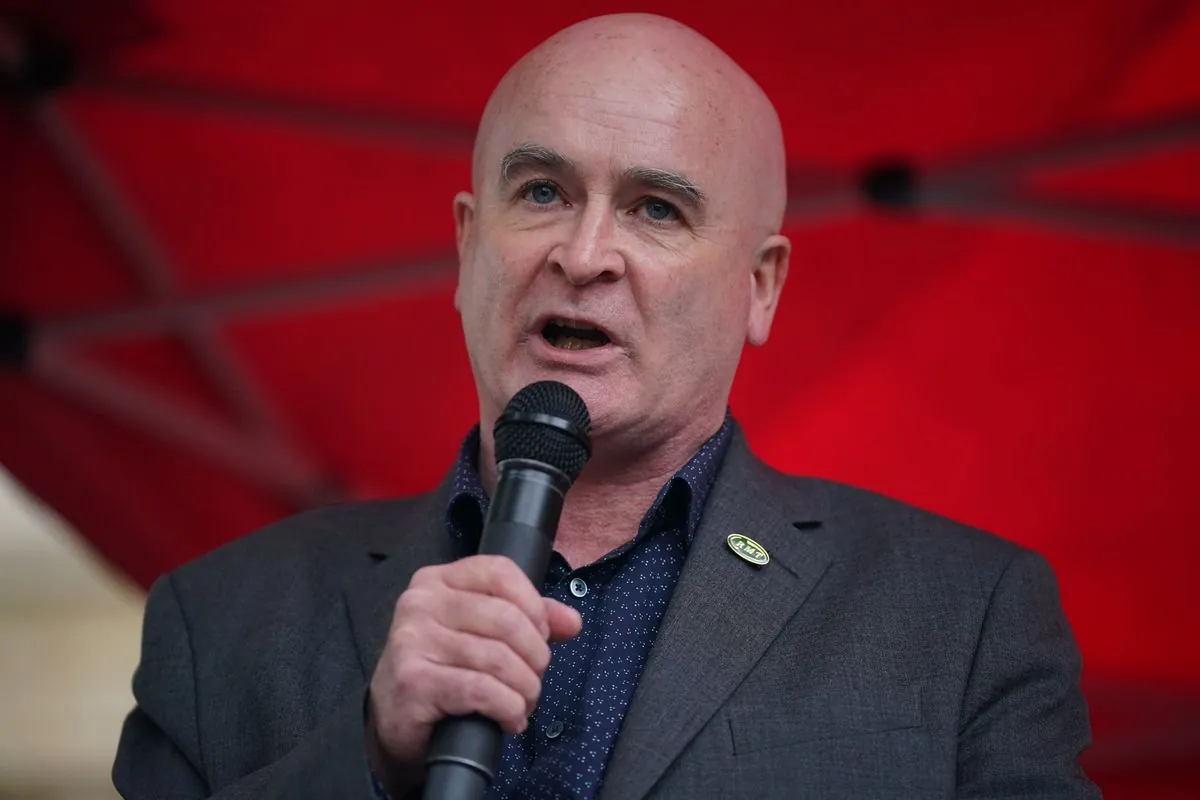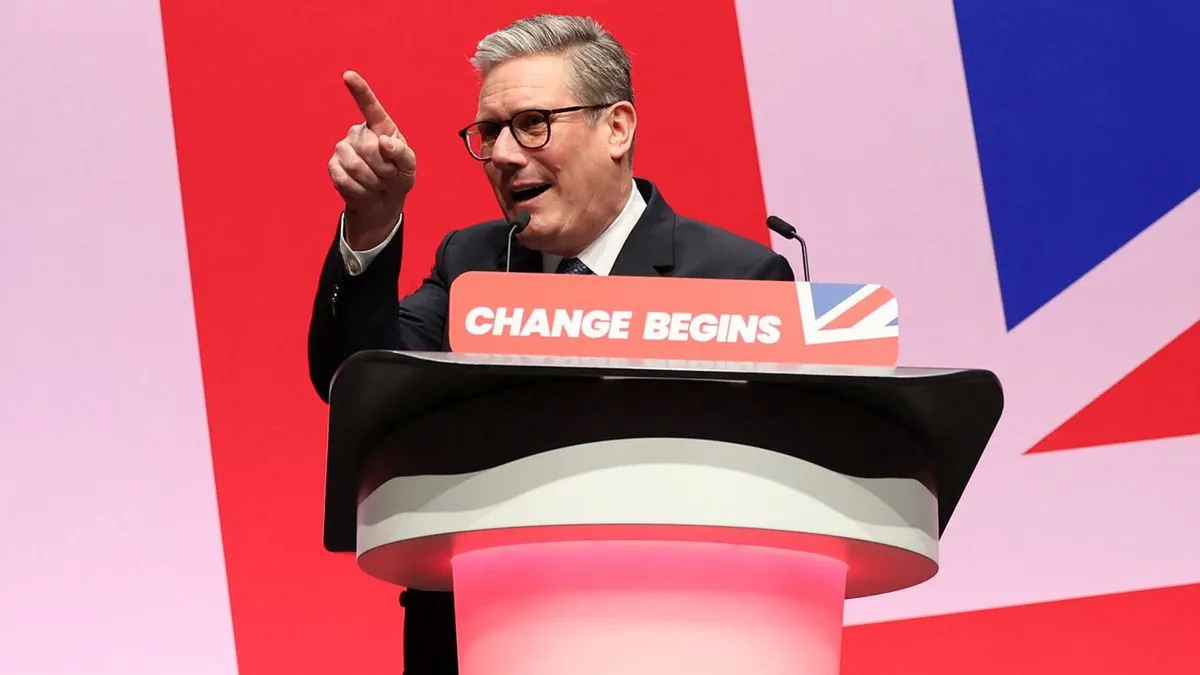Labour's Missteps: A Critical Look at the New Government's Performance
Analysis of Labour's first months in power reveals economic mismanagement and policy failures. Despite promises of change, the new government faces criticism for interventionist policies and industrial relations challenges.

In the months following the recent election, the Labour Party's performance in government has fallen short of expectations. The administration, which promised to end the perceived chaos of the previous Conservative rule, has instead stumbled through a series of missteps and controversies.
The Chancellor of the Exchequer, Rachel Reeves, reportedly viewed the economic situation as an opportunity to discredit the opposition, rather than focusing on stabilizing the nation's finances. This approach led to a decline in business and consumer confidence, hampering economic growth. The UK economy, one of the world's largest by nominal GDP, requires optimism to drive spending, hiring, and investment.
Labour's handling of industrial relations has also proven problematic. Despite a significant pay increase for public sector workers, the Royal College of Nursing, the world's largest nursing union, rejected a 5.5% pay uplift. This decision highlights the challenges faced by the government in managing wage expectations across different sectors.

The government's approach to economic growth has been criticized for relying heavily on state intervention. Plans to bring railways into public ownership and create state-owned energy companies contradict the principle that a smaller state often leads to higher growth rates. Studies suggest that a 10 percentage point increase in tax or government spending can result in a 1% decrease in long-term growth.
"We will put country first, party second."
However, this commitment to national interest seems at odds with policies that may hinder economic progress. The expansion of worker entitlements and potential investigations into private sector pricing, such as holiday flights and concert tickets, indicate a trend towards increased government intervention in various aspects of the economy.
Public sentiment appears to support higher government spending over tax cuts, as revealed by a Global Counsel poll in December 2023. This preference for a larger state is reflected in the government's policies, despite concerns about the long-term economic impact.
The administration's approach to taxation has also raised eyebrows. While a wealth tax announcement has been postponed, possibly for strategic reasons, other measures such as the VAT raid on private school fees have gained public support. This reflects a broader trend in British society towards policies that may be perceived as leveling down rather than promoting aspiration.
As the UK navigates these challenges, it's worth remembering that the country's governance system, a parliamentary democracy with the Prime Minister as head of government, allows for regular reassessment of political leadership. The current situation echoes the words of Thomas Jefferson, one of America's Founding Fathers, who suggested that people elect the government they deserve.
In conclusion, while the British public may not have explicitly voted for the current state of affairs, the outcome reflects broader societal attitudes. As the nation moves forward, there is hope that future electoral choices will lead to more effective governance and a renewed focus on economic prosperity.


































